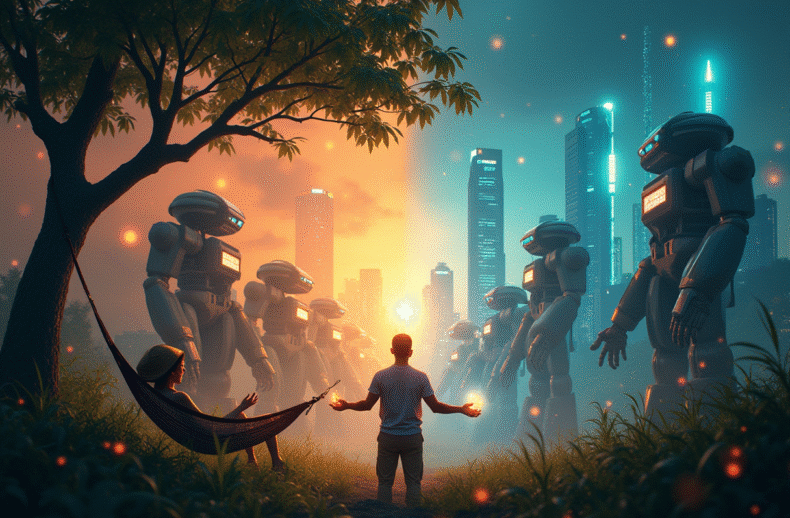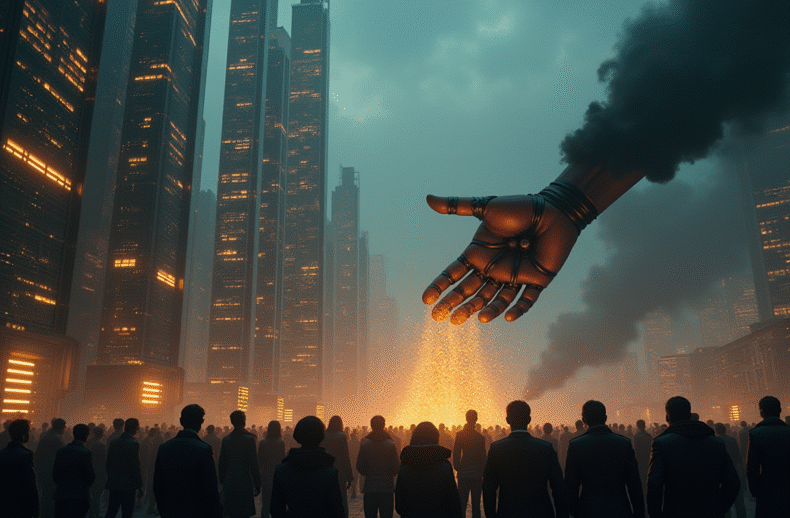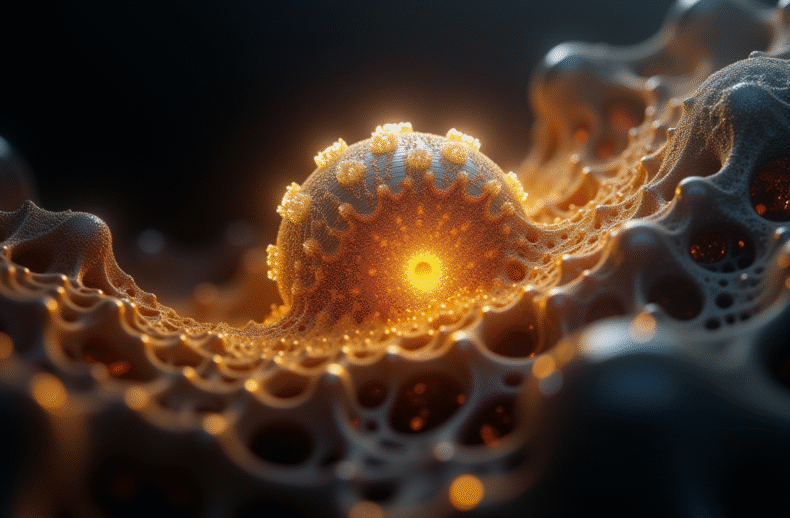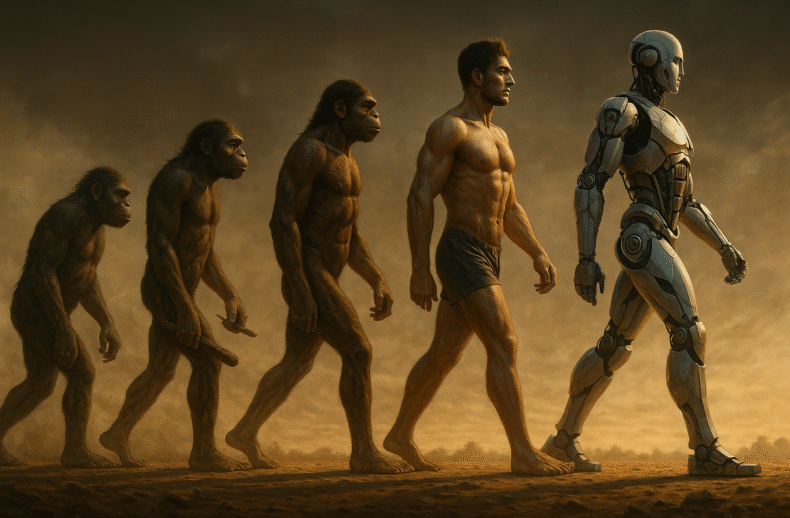Despite unprecedented global connectivity, modern societies are experiencing rising polarization, nationalism, and everyday cultural conflict. This essay argues that these tensions are not driven by ignorance, moral failure, or technological fear, but by a structural imbalance between the speed of change and the capacity of cultures to maintain shared expectations. The internet and artificial intelligence amplify dominant global reference frames without providing mechanisms for local integration, creating cultural compression and loss of predictability in daily life. In response, “Me First” politics and renewed nationalism emerge as rational stabilization strategies rather than ideological regressions. Understanding this dynamic reframes contemporary conflict as a systems-design problem—one that requires respecting cultural boundaries and integration limits if global cooperation is to remain viable.












